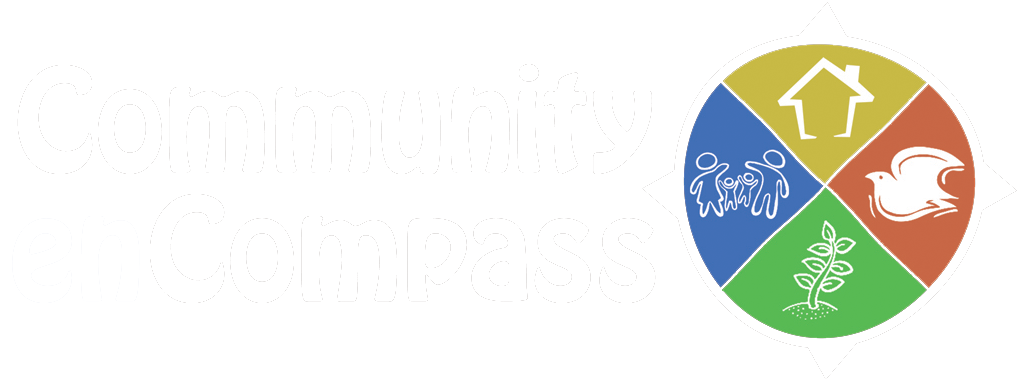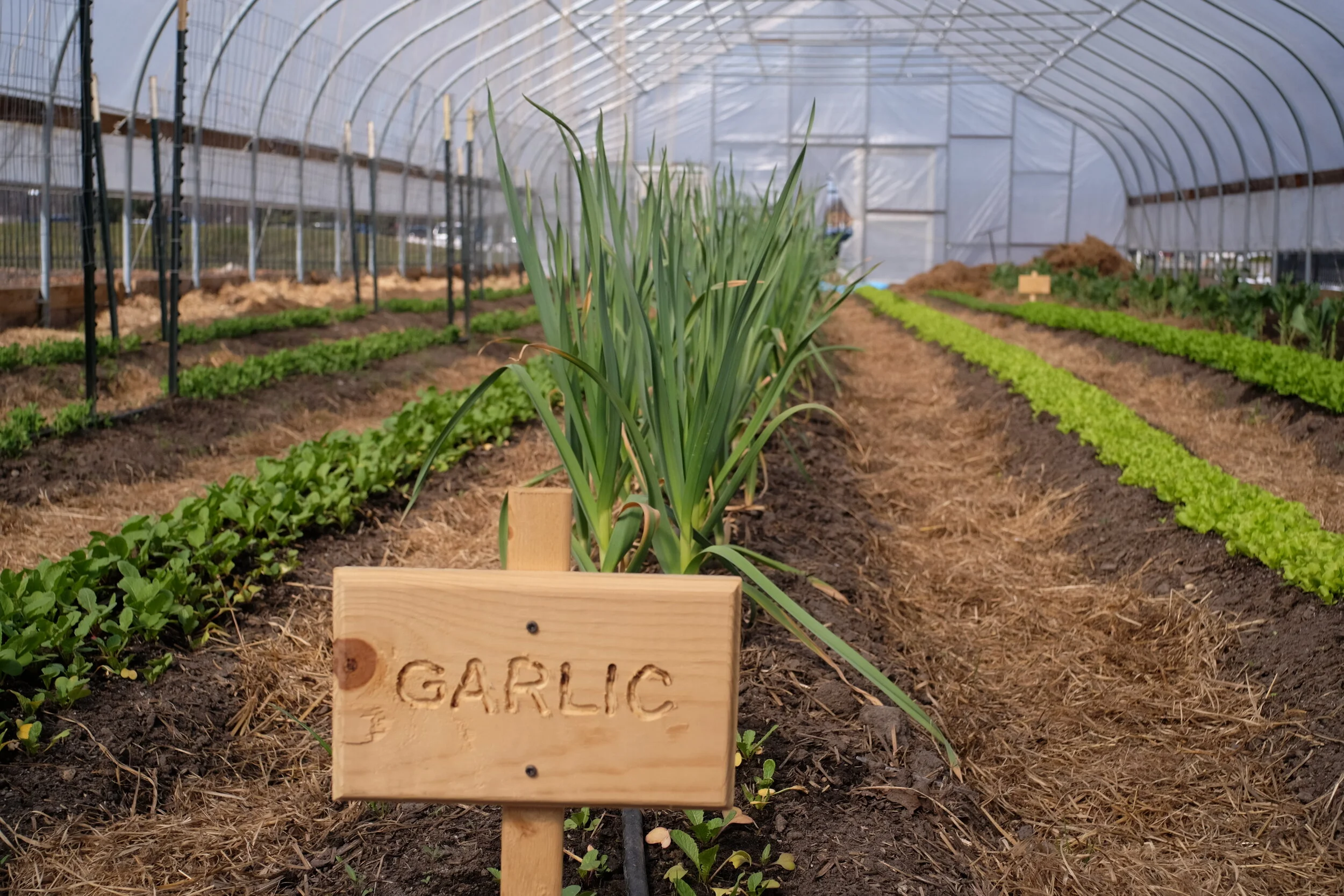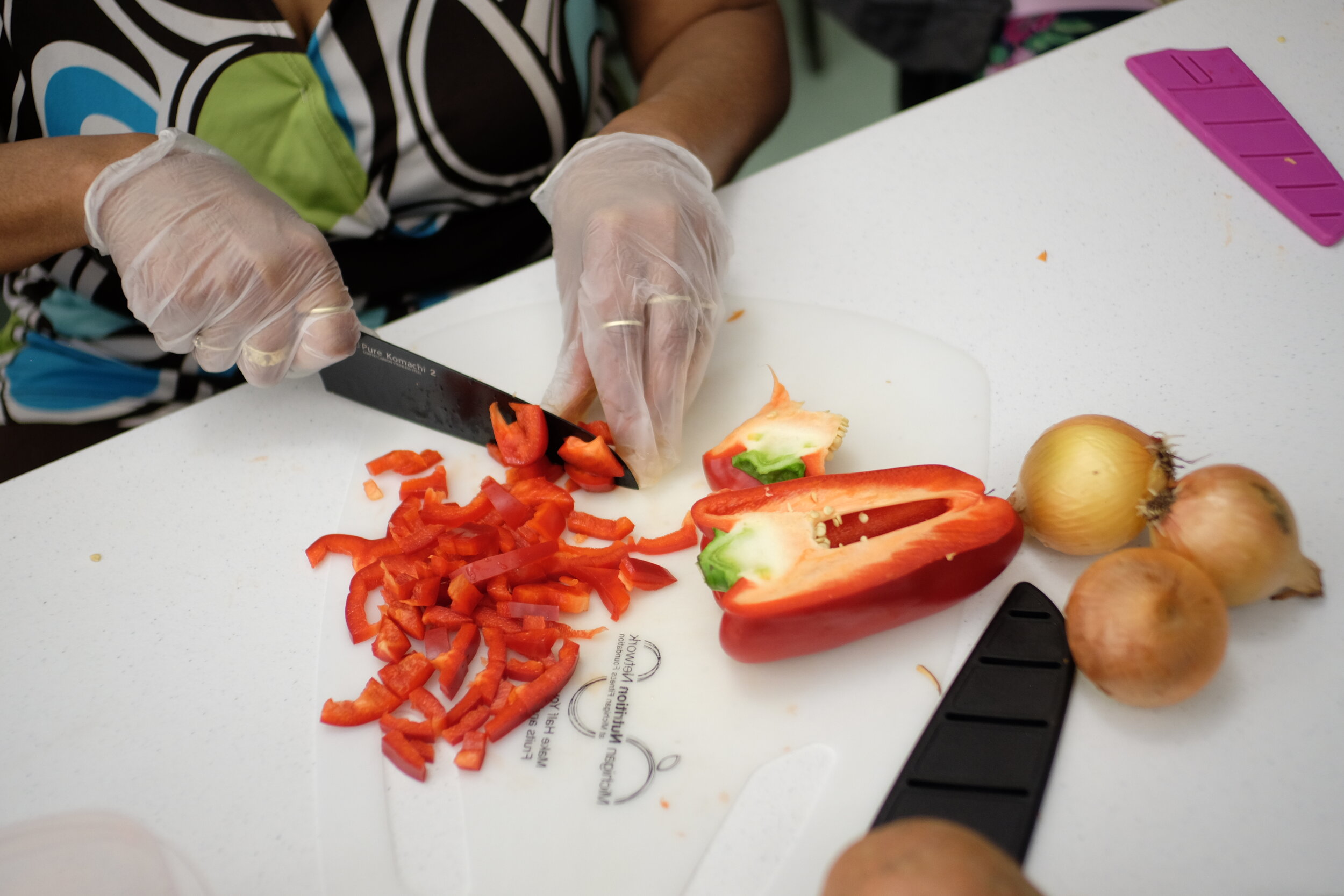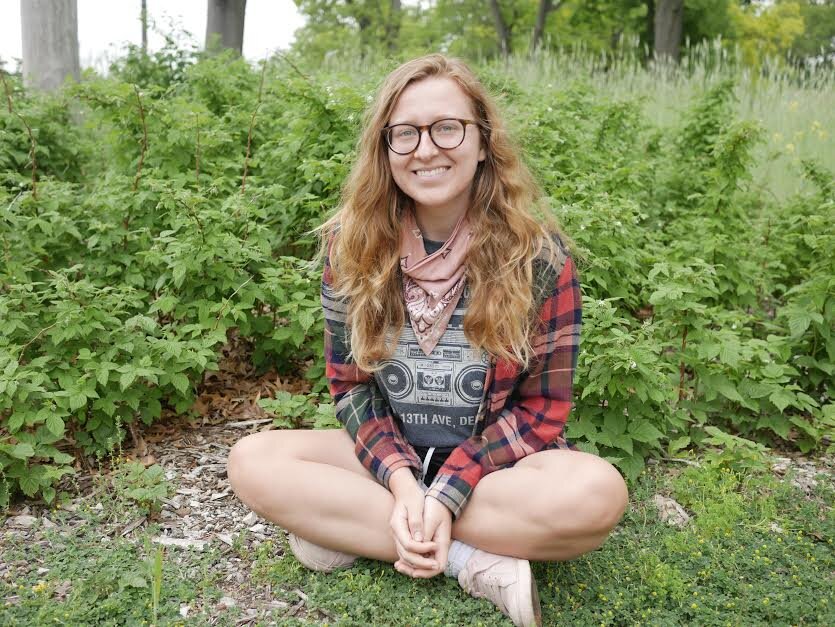What is Muskegon Prescribes Food for Health?
When the last grocery store moved out of the downtown area of Muskegon, many neighbors in the Nelson, Angell, and McLaughlin neighborhoods lost access to fresh fruits and vegetables. As a result, there has been an increase in chronic, diet-related diseases such as obesity, diabetes, and heart disease.
Muskegon Prescribes Food for Health (MPFH) seeks to fill that fresh food gap from within the core of Muskegon. Founded in 2017, the MPFH program offers 12-week “food as medicine” sessions and support groups for individuals who have or are at risk for a diet-related disease. Through partnerships with Hackley Community Care, Community Health Workers and physicians refer individuals to the program, though it’s open to anyone. The program includes educational demonstrations, take home activities, incentives, vouchers to the YMCA Veggie Van, and biometrics check-ins.
“We’ve seen improved A1C levels, glucose levels, weight, and other physical health aspects,” says Sam Otto, MPFH Coordinator, “Some patients were able to get off medicine due to a change in diet. In some cases, individuals with pre-diabetes came out of the program no longer pre-diabetic. Some lose weight. For all participants, the goal is to increase food education and access.”
Along with increased access to fresh, local, affordable food options, MPFH connects participants to resources and information that help them make long-term lifestyle changes.
“For many students,” Otto continues, “‘sustainable’ means what’s going to last until I can get to the store next? What’s going to last until the next time we get our food stamps or we’re able to put gas in the car? I might not be able to provide a healthy meal 3 times a day, 7 days a week, but I can introduce them to fresh, local, affordable food. And I can introduce other community resources, like the farmer’s market programs or how to utilize EBT to its full potential. I can offer instruction on how to best prepare, preserve, and store fresh foods.”
Katherine Kaltz, former MPFH Coordinator, delivering food and education kits during quarantine.
MPFH Awarded $100,000 Community Impact Grant
When the COVID-19 shutdown began in early spring, MPFH quickly adapted. Communication went remote. Fresh food, education kits, and low-impact exercise DVDs were delivered to the participants’ doorsteps. The session was even extended by another month so that MPFH students, all of whom have underlying health issues, had continued access to healthy foods.
By late spring, MPFH received news that would initiate further adaptation: The program had received a $100,000 Community Impact grant from the Michigan Health Endowment Fund.
With many virus precautions still in place, this major grant expands the MPFH’s capacity to meet the moment.
“The grant allows for creativity as we move forward in this odd time that we live in,” says Otto, “It enhances what’s already there and allows us to expand our reach. We can create food access where it’s most needed. We can serve in a larger capacity and with better quality.”
The grant focuses on the senior population, but MPFH remains open to anyone. In 2019, 90 individuals graduated through the 3 MPFH sessions, two of which were senior-focused. Through the Community Impact grant, MPFH hopes to expand to 125 participants yearly.
Sessions this year will include an increased focus on farm education and added emphasis on low-impact movement. Otto also hopes to create an alumni group for those looking for continued support and accountability after graduation.
“We’re looking at the long term goals of MPFH. We want participants to come away with resources and how to best utilize them. We want them to be able to continue on this health journey after the program.”
Classes this season will take place outdoors at McLaughlin Grows Urban Farm so participants can keep physical distance as they witness the answer to the question: where does my food come from? At the end of each class, participants will also be given vouchers to purchase food from the YMCA Veggie Van, where 75% of produce is sourced from McLaughlin Grows.
The next MPFH session begins Tuesday, July 7. Please contact sam@communityencompass.org for more info regarding enrollment. To qualify, you must have been previously diagnosed with one of the following: heart disease, obesity, diabetes, high cholesterol and/or high blood pressure.
MEET THE FARmers
We have a lot of new hands digging into the dirty work of food justice at MPFH and McLaughlin Grows this season!
Sam, Farmer and Food for Health Coordinator:
“Muskegon is home. In all of the places I've been and all of the things that I've seen, I have never felt a stronger desire to serve than I do right here in my hometown. It’s a beautiful place to farm, a wonderful place to eat, and a place in dire need of food for wellness education. Simply put, I can’t expand my work beyond county lines without first working to improve my home community.
As a concerned eater and an avid outdoorsist, I knew sustainable farming was my calling. It is and always will be my true livelihood. However, my passions run far beyond the field, instilling a deep desire to educate on the food I grow. I want to take all of the fancy labels away and provide equal access to fresh, local, affordable, sustainable food to ALL of our community, as well as provide the knowledge for each neighbor served to achieve that.”
Mikayla, McLaughlin Grows Farm Manager:
“This year is my fourth season farming, first full season managing a farm. When I first came to Muskegon, the terms food access, community engagement, and food education were brought up often. I think that McLaughlin Grows has a unique opportunity to address all of the above by providing affordable food, fostering a welcoming space, and remaining open-minded to questions asked. I will never stop learning in this line of work, whether that be how a farm can best reach the neighborhood or how to prevent a soil-borne disease. I will be challenged in my strengths and weaknesses. Community will thrive, yet sometimes feel small. There’s a sense of meaning and beauty in feeding a family next door to me.”
Lexi, Assistant to the Farm Manager:
“I’ve always wanted to be a farmer. It’s really honest work and keeps me humble. I never take for granted the hard work of making food. It slows me down, requires me to be intentional--and it’s fun to get dirty. After graduating from NMU with a degree in Environmental Studies, I wanted to come back to Muskegon, where I was born. I’d been following McLaughlin Grows on Instagram. I love urban farms because it’s easy to see where food comes from and how it grows -- it’s right in your face. I love that you can have a career in farming AND live in a city.”
Kirstin, Farmhand:
“I came into farming because I want to know where food comes from. I want to grow food and have a relationship with food. And I want that for my community, too. Farm and food education doesn’t need to be anything super official. We’re acquiring skills and want to share those skills to help in the reclaiming of food. Through education, we can break down barriers to access and ownership.”
Elle, Farmhand:
“I grew up in Muskegon, so when my gut started telling me to pursue farming, I thought of McLaughlin Grows. Farming connects to so many of my values -- creativity, community, growth, self-discipline. Perspective and “big picture” is really easy to find when farming, even when you don’t like the task at hand. Life’s questions keep getting answered with farming.”
To learn more about the goings-on at McLaughlin Grows Urban Farm, please contact Mikayla at farmmanager@communityencompass.org.
Author: Chelsea Tanis










